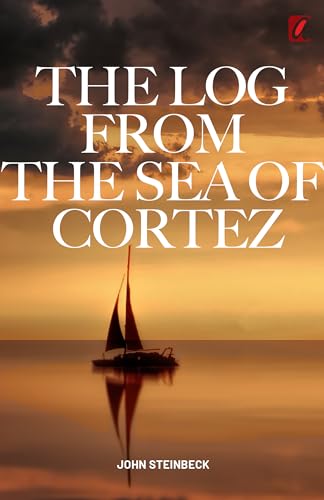What do you think?
Rate this book


324 pages, Kindle Edition
First published January 1, 1951

We felt rather as God would feel when, after all the preparation of Paradise, all the plannings for eternities of joy, all the making and tuning of harps, the street-paving with gold, and the writing of hosannas, at last He let in the bleacher customers and they looked at the heavenly city and wished to be again in Brooklyn
And now the wind grew stronger and the windows of houses along the shore flashed in the declining sun. The forward guy-wire of our mast began to sing under the wind, a deep and yet penetrating tone like the lowest string of an incredible bull-fiddle
The moment...of leave-taking is one of the pleasantest times in human experience, for it has in it a warm sadness without loss. People who don't ordinarily like you very well are overcome with affection...It would be good to live in a perpetual state of leave-taking, never to go nor to stay, but to remain suspended in that golden emotion of love and longing....